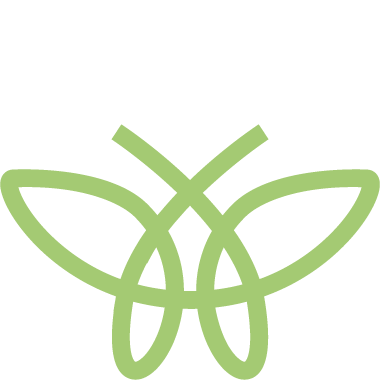Alcoholism and drug addiction rarely develop in social isolation. After all, people rarely exist in social isolation.
In treatment settings we see the reality of the social embeddedness of this disease in the reactions of the patient and family members to the opportunity for change. Change can be hard even when it’s desired. After all, we spend our lifetimes practicing how to cope and adapt (rather than change). And in the end, our ways of coping and adapting can get in the way of change.
The major holidays frame-up the weight and importance of the family system like few other times of year do. And around that time of year the pace of life, financial matters, travel, extended time off of work, the breaking of routine, increased social activities, and the schedules of family members all seem to be altered. Further, the possibilities of the extended family getting together or of meeting with more distant friends might also arise.
But the major holidays also bring reminders of family traditions, personal memories that we might feel deeply, and various cultural and religious practices of our own and others in our society. There’s a lot going on around the major holidays packed into a short amount of time.

Photo credit: Toa Heftiba, Unsplash
Looking in the mirror, what do we see?
- Are we: kind, letting go, meek, holding boundaries, steady and flexible?
- Are we: demanding, dogmatic, closed, corrosive and stuck?
Do we aspire to see the ongoing development of: honesty, hope, faith, courage, integrity, willingness, humility, forgiveness, discipline, perseverance, awareness, and service? And how do we respond or react when we encounter the emerging presence or ongoing growth of these assets in others? Are we ok with that when we spot it?
The burnout literature is clear that when it comes to repair and ongoing prevention of burnout, the single most important source of help is in social support. And that literature is also clear that confronting and “fixing” our self isn’t on the list of what helps. In fact, that literature shows how those inclinations can work against us.
What better time of year is there to fall into the arms of social support?
We often encourage family members to try Al-Anon meetings until they find one they like – and then to keep attending until they like it. Sometimes we could use some individual counseling. There are places that offer a short multi-day “intensive” that consists of some group education and group counseling around family system topics. Our own family program is an example of that. And there are others as well that are not part of an organization providing addiction treatment. There are even some residential programs that are built to help the family members, rather than the one personally needing addiction treatment.
The family is one system. How does that system do around the time of the major holidays? What nature does it take on? What social support does it, as a system, have? And what social support do its individual members have?
Recovery is restorative. And the work for individual recovery can be tough at times. Family recovery is also restorative. And at times the system change that is part of family recovery can be its own source of stress.
Around the time of these major holidays, we would do well to lean on the social support that’s all around us, and to be the change we want to see in our world. After all, we are literally building our family traditions each day of the year. And over time our family system, like our personal recovery, can move from restoration to “better than well”.
